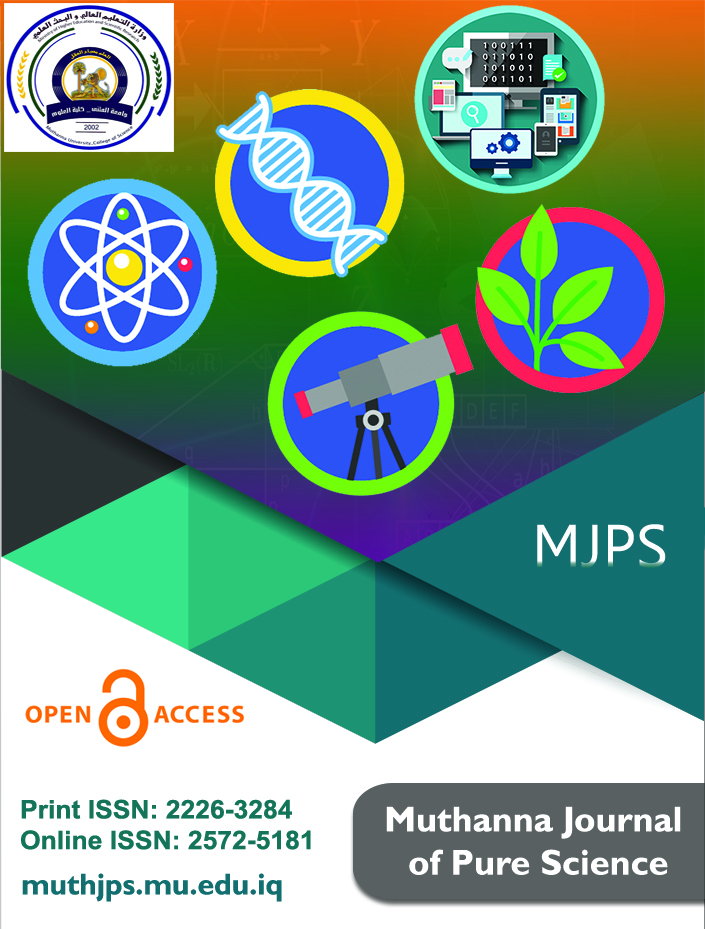AbstractKey wordsDOI
The complicated effluent stream known as refinery wastewater is produced by the refining of petroleum and contains a range of pollutants. This complex composition contains oil, organic molecules and heavy metals, where poses significant obstacles to conventional treatment procedures including biological processes, filtration and sedimentation. Therefore, modern and effective solutions are being provided by the methods of advanced treatment such as the application of Nano-oxides, advanced oxidation processes (AOPs), and membrane filtration. Synthetic nanoparticles known as Nano-oxides, which include nickel oxide, magnesium oxide, copper oxide, and zinc oxide, hold promising ability to treating of wastewater which generated from operations of refining. One of the studies synthesized and incorporated Nano-oxides into refinery wastewater (RPW) to improve the turbidity of water, electrical conductivity, and pH. Manganese oxide nanoparticles were particularly useful in reducing turbidity because they have special chemical properties. In general, Nano-oxides show ability on improving the refinery wastewater treatment efficiency, legal compliance in the petroleum refining sector, and supporting environmental sustainability.
Nano-oxide, Oxidation processes (AOPs), Refinery product water (RPW), Membrane filtration, Biological treatment.
1Al-Muthanna University, College of science, Department of Physics, Al-Muthanna, Iraq.
2 AL-Karkh University of Science, College of Science, Baghdad, Iraq.
*Corresponding Author: ahmednamah@mu.edu.iq
Received 23 Nov. 2024, Accepted 4 Dec. 2024, published 30 Dec. 2024.
Download full article
